Put It In a Trust
Consider what will happen to your property, or estate, once you pass on from this life. You likely want to control what happens to your property and money just as you did while living.
In fact, you would probably want to exert as much control as you could as long as you could. The laws of our society, however, have developed a “rule against perpetuity” whereas the amount of control you will have on your estate once you die is limited to a certain amount of time. Otherwise, persons long dead and gone would be directing the control on their money and property from the grave, no spiritual medium required. One rationale behind limiting this “dead-hand control” of your estate is that, upon death, you no longer have any natural right to control your property. It is no longer yours. As the saying goes, hearses don’t come with luggage racks. You could disagree, but you would have to come back from beyond the grave to dispute that claim, in which case a spiritual medium would be required. Following this line of thinking, much of what is allowed in a testamentary document, such as a will, is typically limited to transferring property outright to someone else. Unfortunately, what they do with that property is up to them.
However, there is a legal vehicle that allows you to exert greater control over of your property after your death. Perhaps you are concerned that an heir, or an intended devisee of a Will, is not good with money and may squander what has taken you a lifetime to build. Perhaps you desire your home to benefit your family as a place of respite in times of need, but you are concerned that once you pass on, the home will just be sold or worse wasted away. Or maybe you’re just concerned about taxes; always a legitimate concern. The solution: “Put it in a trust, put it in a trust, put it in a trust!”
A Trust is a multi-party fiduciary relationship where one party, the settlor, transfers property to another party, the trustee, for the benefit of another party, the beneficiary. For example, you give title of your home to a bank, who serves as trustee, and the bank makes sure your grandchildren enjoy the home, without overly enjoying the home. A trust may be testamentary (meaning that is created by a Will and arises upon the death of the settlor), or inter vivos (meaning it is created during the life of the settlor). There are many advantages to Trusts that have made them standard practice in estate planning. Primarily, a testamentary trust may, among other things: (a) allow you to place conditions on the use of your property; (b) reduce estate and gift taxes; (c) create a more efficient distribution of your estate; and (d) lower the costs of an otherwise lengthy estate administration.
The main takeaway here is that, first and foremost when planning for your future and your family’s future, you should be thinking “Put it in a trust, put it in a trust, put it in a trust!” A great deal of literature exists on trusts, and it is best to consult with a licensed attorney in your area to discuss whether and what kind of trust is best for you.


